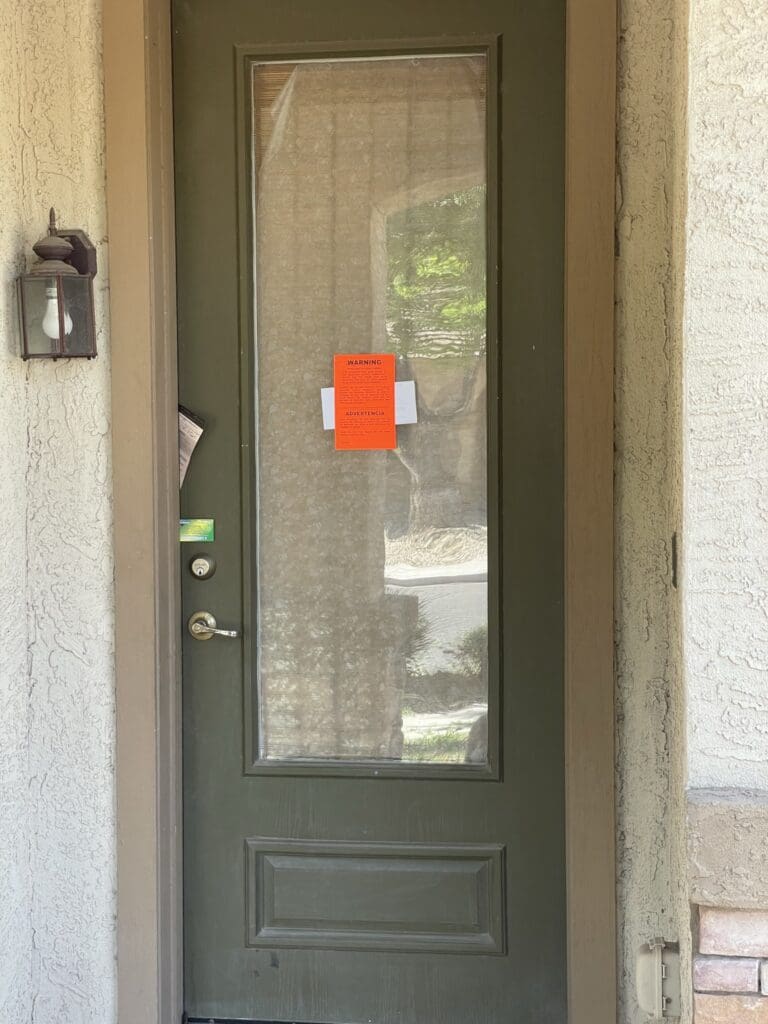In Arizona, tenants often leave personal property behind after being evicted. As a landlord, you cannot simply discard or keep their belongings. The Arizona Landlord-Tenant Act requires landlords to store the former tenant’s possessions for at least 14 days.
Per A.R.S. § 33-1368(E) a landlord, must hold the evicted tenant’s possessions for a minimum of 14 days from the day the Writ of Restitution was executed (day the constable removed the tenants) issued.
As an Arizona Landlord, You May:
- Keep the tenant’s belongings that the rental property for the 14 days,
- Move the tenant’s belongings to an off-site storage facility,
- Require the tenant to reimburse you for the actual cost of moving and storing their belongings during the 14-day period,
- Prohibit the tenants from ever returning to the property without your explicit permission.
As an Arizona Landlord, You May NOT:
- Arizona landlords cannot require their former tenant pay for eviction judgment prior to releasing the belongings to them. Meaning you cannot require a tenant pay you for all back rent, late fees, attorneys’ fees, and court costs prior to returning their belongings. Again, an Arizona landlord may only demand payment for the actual cost of storing and moving the tenants’ belongings.
- Additionally, Arizona landlord may not dispose of a former tenant’s personal property prior to the expiration of the 14 days.
Catalogue the Tenants’ Belongings
An Arizona landlord should itemize all personal property left behind by an evicted tenant. If you choose to remove the tenant’s belongings from the rental property, handle them with considerable care, as you will be responsible for any damage. It is advisable to thoroughly document the condition of the rental unit by taking 100 to 200 photos and/or recording a video. This not only provides an inventory of the abandoned property but also serves as evidence of any damage to the rental unit itself. Be sure to complete this documentation before moving any personal belongings.
After the required 14-day holding period, if the evicted tenant has not made contact, claimed their belongings, or arranged to do so, an Arizona landlord may sell or dispose of the unclaimed property in accordance with the law.

If you are an Arizona landlord and need help from an eviction attorney, then contact the Dunaway Law Group at 480-702-1608 or message us HERE.
These blog posts are not intended, nor shall they be deemed to be the rendering of legal advice. Reading these blog posts does not create an attorney-client relationship, nor shall it impose an obligation on the part of the attorney to respond to further inquiry. The Dunaway Law Group limits its practice to the states of Arizona and New York.
